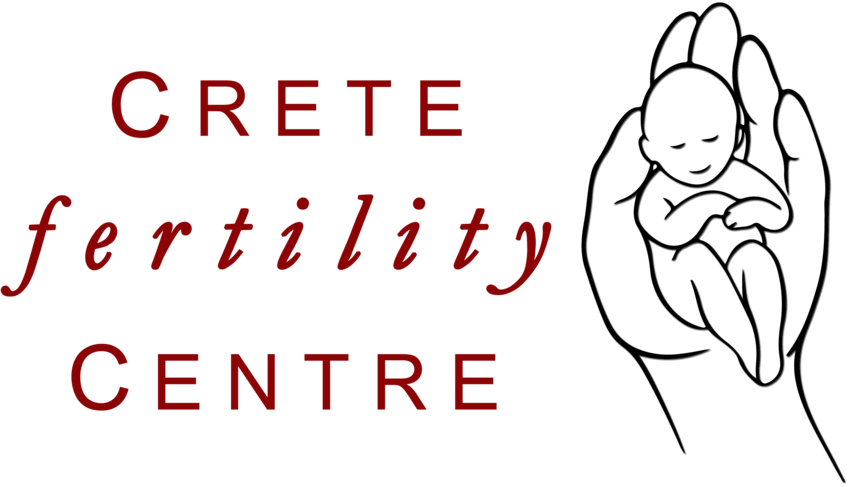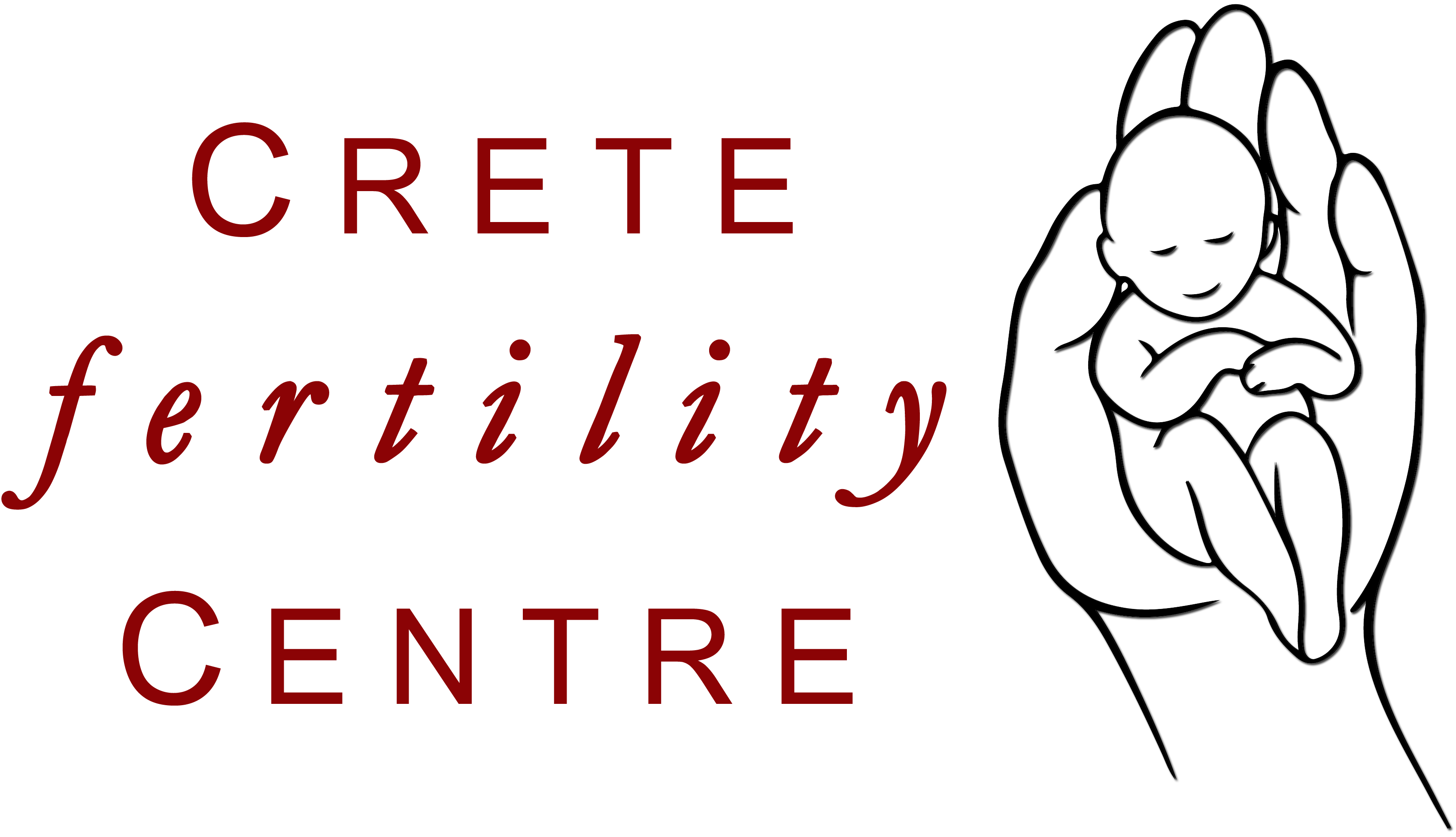Exosome Therapy for Women Facing Infertility

Exosome therapy for female infertility is a new field of study that aims to address the several underlying reasons of infertility by using exosomes’ capacity for regeneration and consists of a promising path in reproductive health.
Menopause and the years leading up to it can be a profound transition in a woman’s life. Beyond the physical changes, there are often emotional questions about identity, vitality, and the shifting landscape of fertility. For many, the gradual decline in ovarian function can feel like the closing of a chapter. Yet, in the evolving field of regenerative medicine, exosome therapy is emerging as a treatment that offers both scientific innovation and renewed hope for women navigating this stage of life.
Exosome therapy is regularly applied in Crete Fertility Centre on top of ovarian rejuvenation, assisting women to deal effectively with menopause effects.
What Are Exosomes and Why Do They Matter?
Exosomes are microscopic vesicles released by cells, carrying powerful bioactive molecules such as growth factors and microRNAs. These tiny messengers play a crucial role in cell communication, repair, and regeneration. In reproductive medicine, they are being studied for their ability to support ovarian function, repair tissue, and create a more favorable environment for conception and hormonal balance.
For women in menopause or facing diminished ovarian reserve, exosomes represent not just a medical advancement but a potential way to reconnect with their reproductive health and overall vitality.
Key Advantages of Exosome Therapy
- Promoting Regeneration: Exosomes contain molecules that may encourage the repair of ovarian and endometrial tissues, addressing underlying issues linked to infertility and hormonal decline.
- Targeted Healing: These vesicles can be engineered to reach specific reproductive tissues, maximizing therapeutic benefits while minimizing side effects.
- Minimally Invasive: Unlike surgical interventions, exosome therapy typically involves simple injections or infusions, making it a gentler option during an already sensitive life stage.
- Low Risk of Immune Reaction: Because of their natural origin, exosomes have low immunogenicity, which may make them safer and more tolerable.
- Personalized Potential: Treatments can be tailored to individual biology, allowing care that honors each woman’s unique needs and circumstances.
- Supporting Other Fertility Treatments: Exosome therapy can complement assisted reproductive techniques such as IVF, potentially enhancing success rates by improving ovarian function and endometrial receptivity.
- Improving Pregnancy Outcomes: By fostering a healthier reproductive environment, exosomes may increase the likelihood of successful conception and healthy pregnancies.
How Exosome Therapy Works
Exosomes may help:
- Stimulate Ovarian Function: Supporting follicle development and egg maturation, potentially increasing the quality and quantity of available oocytes.
- Balance Hormones: Regulating hormonal signaling to address imbalances common during menopause and conditions like PCOS.
- Enhance Endometrial Receptivity: Creating an optimal environment for embryo implantation and early pregnancy.
- Reduce Inflammation and Oxidative Stress: Protecting ovarian tissue from damage and supporting a healthier reproductive system.
- Support Follicle and Corpus Luteum Development: Essential for ovulation and hormone production.
- Modulate Immune Response: Promoting immune tolerance, which can be especially important for women with recurrent implantation failure or pregnancy loss.
Addressing the Emotional Side of Fertility and Menopause
The menopausal transition can bring complex emotions: grief for fertility that is changing or fading, hope for maintaining health, and sometimes a sense of uncertainty. Exosome therapy offers more than a potential medical solution—it represents progress in how medicine honors women’s experiences during this transformative time. It acknowledges that reproductive health is deeply tied to emotional well-being and seeks to provide options that support both.
Indicators for Considering Exosome Therapy
Exosome treatment is being studied for a range of fertility-related issues, including:
- Ovulatory disorders and irregular cycles.
- Diminished ovarian reserve.
- Endometrial abnormalities affecting implantation.
- Recurrent implantation failure (RIF).
- Unexplained infertility.
- Supporting sperm quality in cases of male-factor infertility.
A Gentle, Research-Driven Approach
Exosome therapy is an emerging treatment which is provided to the specialized and certified facilities of Crete Fertility Centre , where treatments are developed with advanced technology and rigorous safety screening to ensure sterility and patient well-being.
For women experiencing menopause, exosome therapy is more than a potential treatment for infertility—it is a symbol of advancing science and a commitment to supporting reproductive health at every stage of life. Following the successful results of ovarian rejuvenation in our clinic, exosome therapy results are also promising and may offer an additional bridge between the science of regeneration and the emotional journey of womanhood.





